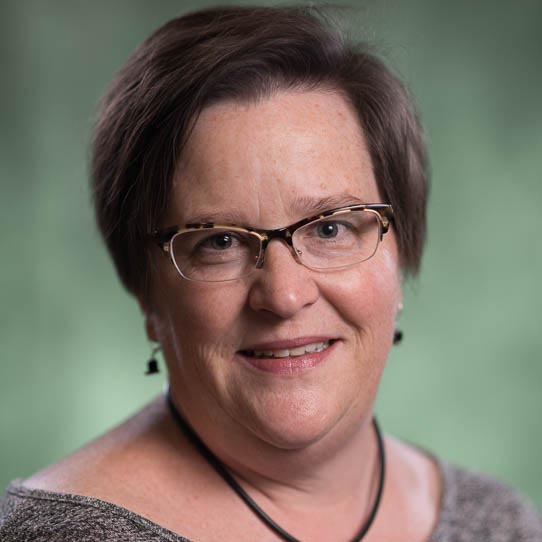Sexual and Gender Minority Health
The Sexual and Gender Minority (SGM) Health area focuses on the wellbeing, mental and physical health, and healthcare needs of individuals and communities that are lesbian, gay, bisexual, transgender, queer, intersex, and/or asexual (LGBTQIA+[1]). Due to pervasive social stigma and discrimination, members of SGM communities can experience significant disparities in health and wellbeing from childhood to old age. They also resist oppression and form rich and resilient activist communities, serving as leaders for social change. Faculty in this research area attend to aspects of SGM health and wellbeing across the life course, consider its intersection with other key aspects of identity and experience (such as race, ethnicity, social class, age, disability, and citizenship) and with social systems and structures (such as healthcare institutions and settings, families and intimate partnerships, and communities). Scholarship on SGM health in the School of Social Work is multi-method, strengths-based, critical, and includes qualitative, quantitative, and mixed-methods approaches. We engage in high-impact, trauma-informed, and community-engaged research that aims to improve SGM health and wellbeing; inform clinical practice and public policy; expand access to high-quality, culturally-competent, and ethical health care; and reduce health disparities for the purposes of social justice and equity. Faculty in this research area are also affiliated with MSU’s Consortium for Sexual and Gender Minority Health, an interdisciplinary thematic area in the College of Social Science that aims to position MSU as a national leader in SGM health research.
[1] The “+” in this acronym includes, but is not limited to, sexual and gender minoritized individuals and groups often left out of this “umbrella category”—such as those who are Two-Spirit, gender non-binary, have same-sex or same-gender attraction, are polyamorous, and/or who have differences in sex development.
Visit the Consortium for Sexual and Gender Minority Health site






